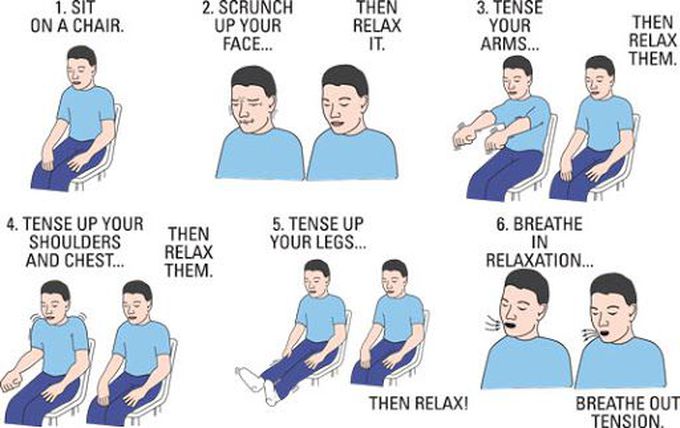
Other commentsSign in to post comments. You don't have an account? Sign up now!
Related posts
Separation Anxiety Disorder
A person with separation anxiety disorder is excessively fearful or anxious about separation from those with whom he or she is attached. The feeling is beyond what is appropriate for the person's age, persists (at least four weeks in children and six months in adults) and causes problems functioning. A person with separation anxiety disorder may be persistently worried about losing the person closest to him or her, may be reluctant or refuse to go out or sleep away from home or without that person, or may experience nightmares about separation. Physical symptoms of distress often develop in childhood, but symptoms can carry though adulthood.Receptive Relaxation
Relaxation of smooth muscleClean techniqueScoop techniqueDisposal of sharp instrumentsInfiltration techniqueTechnique for infiltrating near apices of individual teeth.Local Anesthesia Techniques
Relaxation of smooth muscleClean techniqueScoop techniqueDisposal of sharp instrumentsInfiltration techniqueTechnique for infiltrating near apices of individual teeth.Local Anesthesia Techniques




